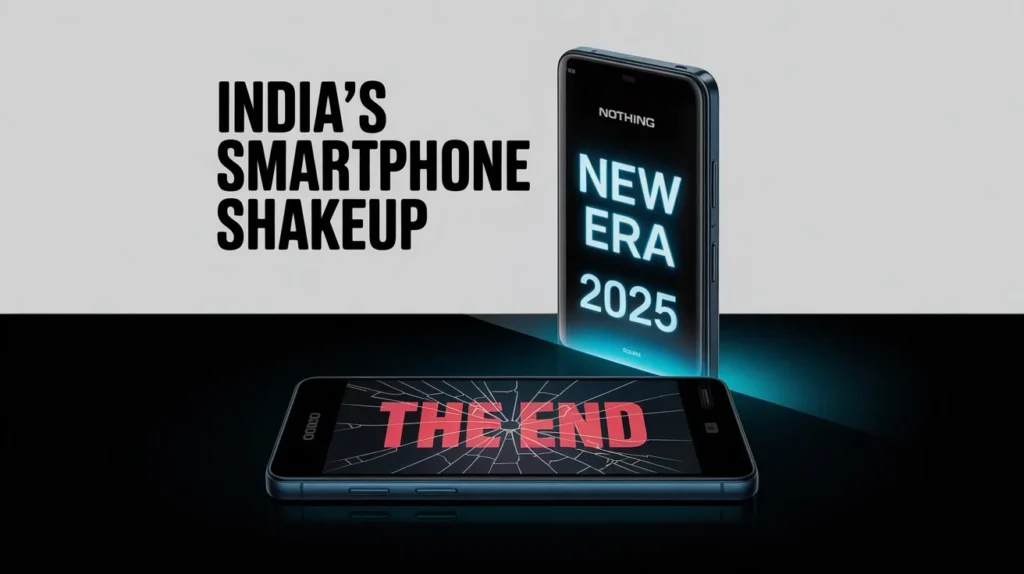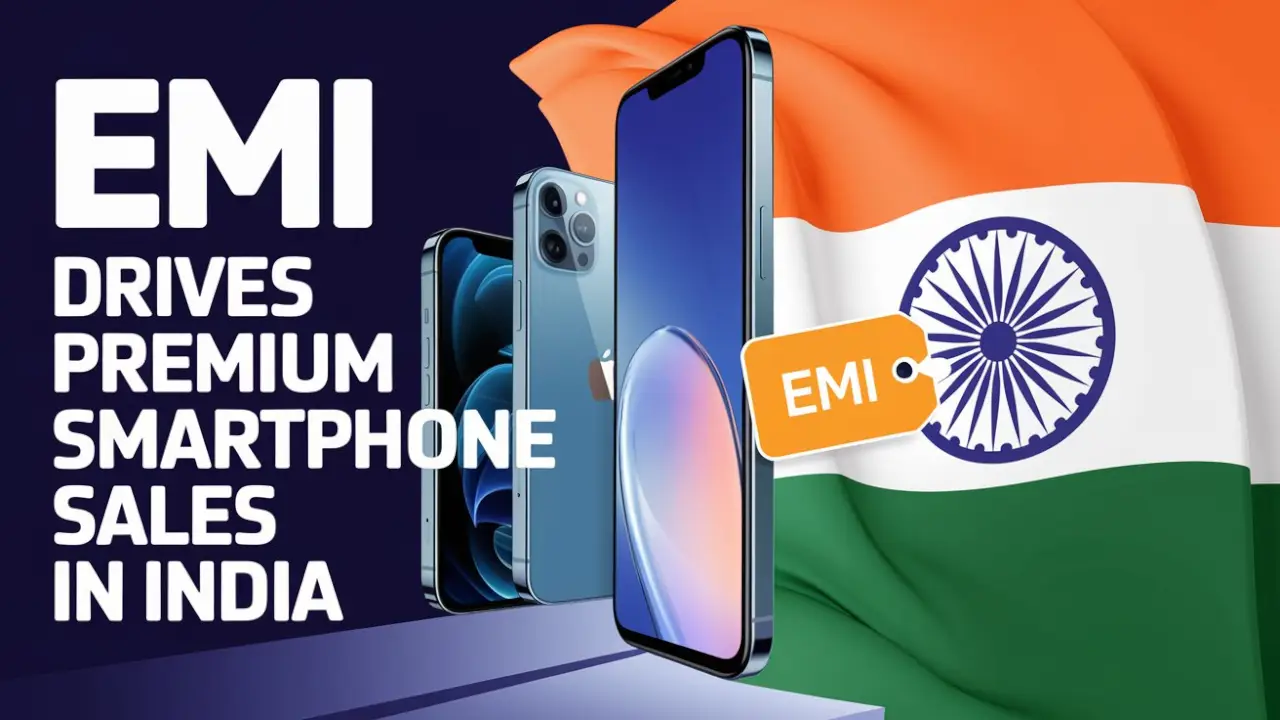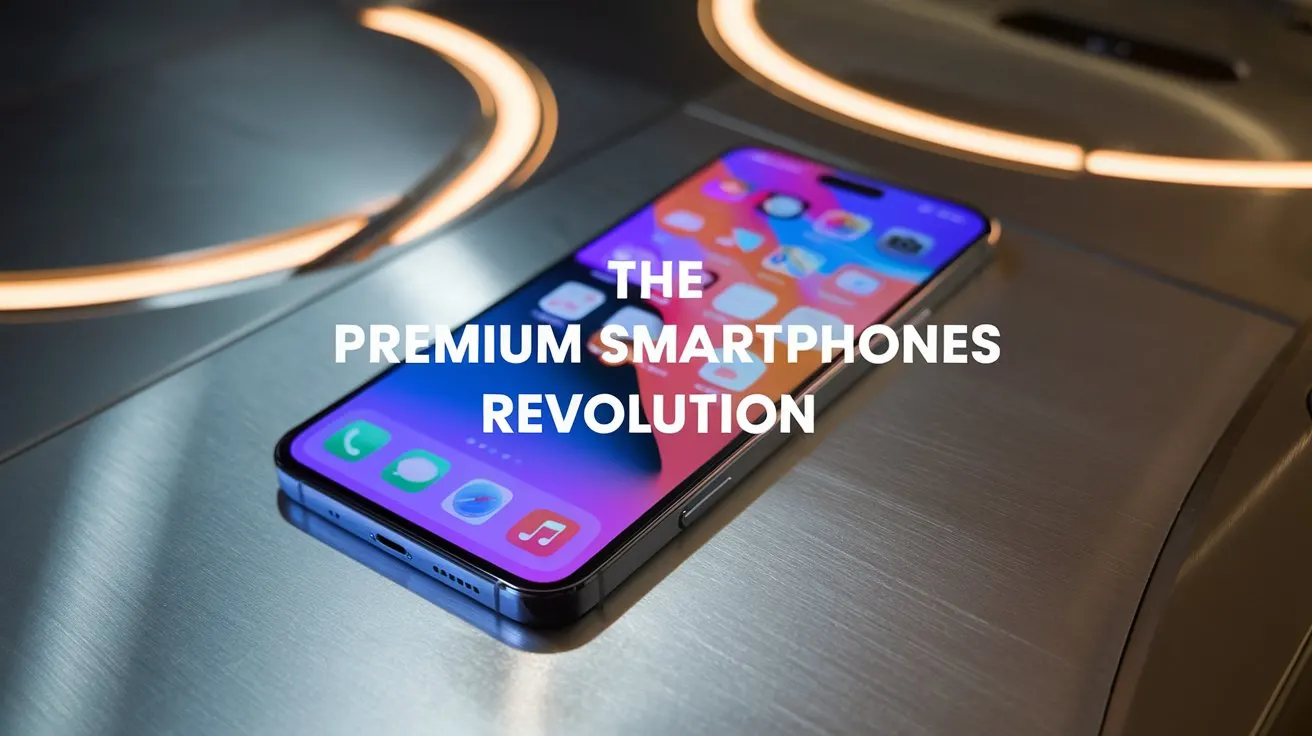Introduction: A Market in Flux
India’s smartphone market 2025, once dominated by budget giants like Xiaomi, is undergoing a tectonic shift. By 2025, analysts predict a complete overhaul of the hierarchy, pricing strategies, and consumer preferences. This article dives into exclusive insights from industry executives, leaked strategies, and market trends to reveal what’s next for India’s tech revolution.
The Fall of Titans and Rise of Underdogs
Xiaomi’s Downfall: From King to Contender
Xiaomi, synonymous with affordable smartphones, has plummeted to 7th place in 2024. Once controlling 30% of the market, its reliance on low-margin devices and failure to innovate in mid-range segments allowed rivals like Realme and Poco to cannibalize its base. Executives admit their premiumization strategy (e.g., Mi 11 series) backfired, as consumers rejected ₹40,000+ Xiaomi phones.
Apple’s Silent Takeover
Apple, one of the biggest brand that control india’s smartphone market 2025, once dismissed as a “luxury niche” player, now ranks 4th in India. Aggressive pricing (iPhone SE, older models), EMI schemes, and trade-in programs helped it outsell Realme in 2023. Apple’s ₹30,000–50,000 segment grew by 58% YoY, with plans to open 25+ stores by 2025 to cement its dominance.
Vivo, Samsung, Oppo: The Unshakable Trio
Despite criticism for overpriced specs, Vivo (1st), Samsung (2nd), and Oppo (3rd) thrive by mastering offline sales, celebrity endorsements, and camera-centric marketing. Samsung’s ₹15,000–25,000 Galaxy M/F series accounts for 70% of its sales, proving mid-range reliability trumps flashy features.
The Affordable Phone Renaissance
Why Premiumization Failed
Between 2020–2023, brands hiked prices by 40%, assuming Indians would pay more for 5G and AI. Instead, upgrade cycles stretched from 18 to 28 months. Compared to previous years In India’s smartphone market 2025, Consumers now demand:
- Value Retention: Phones that last 3+ years.
- No Gimmicks: Avoid paying for unused features (e.g., 200MP cameras).
- Budget Innovation: Flagship-like specs under ₹25,000.
2025’s Pricing Revolution
By late 2024, brands like Realme, Motorola, and Lava will launch “killer specs” phones in the ₹18,000–25,000 range, featuring:
- Snapdragon 7 Gen 3 chips for gaming.
- 120Hz AMOLED displays.
- 6000mAh batteries with 80W charging.
However, sub-₹10,000 phones will remain rare due to rising component costs (5G modems, display panels).
EMI Schemes: The Double-Edged Sword
Over 50% of phones above ₹30,000 are bought on EMI. While brands like Nothing and OnePlus push 24-month “No Cost EMI” deals, experts warn of hidden interest rates and overspending traps.
5G, AI, and Foldables – Separating Hype from Reality
5G’s Price Floor: Why ₹8,000 is the Minimum
Qualcomm executives confirm that producing a 5G phone costs ₹7,200–7,800 (modem, antenna, testing). Selling below ₹8,000 means losses, explaining why brands like Jio and Itel avoid true 5G in budget devices.
AI’s Cloud Dependency
Despite claims of “on-device AI,” most features (e.g., Google’s Magic Eraser, Samsung’s Live Translate) rely on cloud servers. Reasons include:
- Hardware Limits: Only Snapdragon 8 Gen 3/MediaTek Dimensity 9200+ chips handle basic on-device AI.
- Privacy Concerns: Apple delays on-device AI in India due to data localization debates.
Foldables: Still a “Show-Off” Luxury
With 1.2% market share, foldables remain aspirational. Brands like Oppo and Vivo will focus on ₹1,00,000+ models for influencers, while budget users stick to ₹20,000 bar phones.
Made-in-India 2.0 – From Assembly to Manufacturing
PLI Scheme’s Second Wave
The ₹41,000 crore PLI 2.0 scheme aims to boost local manufacturing of:
- Display Panels: Tata Group’s ₹4,000 crore plant in Tamil Nadu.
- Camera Modules: Samsung’s Noida facility.
- Batteries: Ola’s Gigafactory for silicon-carbon batteries.
Export Boom: India as a Global Hub
India’s smartphone exports surged from 5.8B(2022)to5.8B(2022)to15B (2024), driven by:
- iPhone Exports: 65% of iPhones made in India go to the EU/US.
- Google Pixel’s India Bet: Pixel 9 Pro to be 90% made in Tamil Nadu by late 2025.
Honor’s Comeback and Processor Wars
Honor’s Second Chance
Honor, Huawei’s spun-off brand, plans a 2025 India relaunch with:
- Magic 6 Pro: ₹55,000 flagship with satellite connectivity.
- X Series: ₹15,000–25,000 phones with Kirin 830 chips.
Its success hinges on avoiding past blunders (poor after-sales, software neglect).
Snapdragon vs. MediaTek: Battle for Mid-Range
- Snapdragon: Launching India-exclusive 6 Gen 3 chips for ₹20,000 phones.
- MediaTek: Countering with Dimensity 7300 for better battery efficiency.
What Consumers Should Do
- Avoid EMI Traps: Buy only what you can afford upfront.
- Prioritize Repairability: Check iFixit scores for spare parts.
- Wait for Festive Sales: Big discounts during Diwali/Amazon Prime Day.
Conclusion: A Market Reborn
By 2025, India’s smartphone landscape will prioritize sustainability, value, and local innovation. While giants like Xiaomi struggle to adapt, underdogs like Apple and Honor signal a new era. For consumers, the message is clear: smarter choices will win the day.





